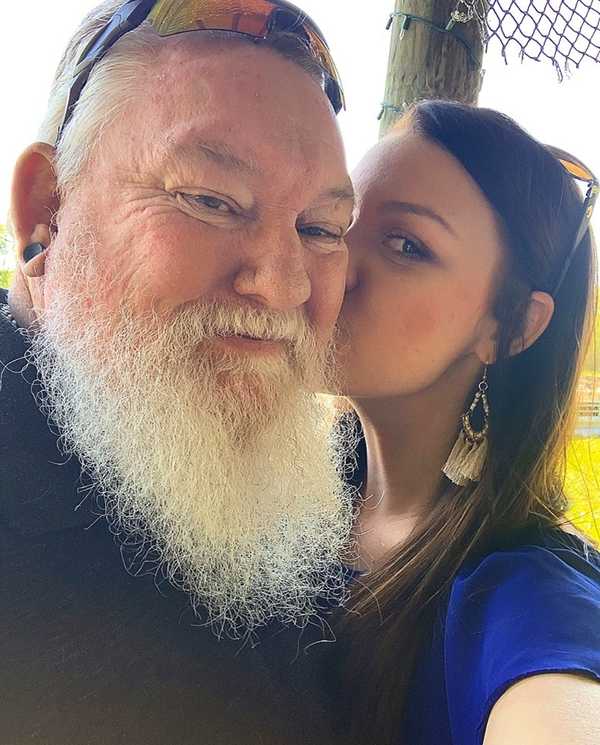Any and all readers know the pain of losing one of your favorite characters. From disease to the sword, the manners of death authors can come up with are endless. No matter the character and no matter the reader, we all go through the same stages of grief.
1. Denial
At first, you don't understand what you just read, so you go back and read it again. Then you shake your head and deny, deny, deny. Common mumbled and shouted phrases include, "What?" "Nope, no way," "This can't be real," and, "This has to be some kind of sick joke." All of this is followed by consistent murmurs (that steadily turn into shouts) of "no, no, no, NO, NO, NO!" That's your favorite character, they can't be dead. That must have been someone posing as your favorite character, not the real one. Maybe they're safely hidden in a nice bungalow somewhere with all of their loved ones, sipping on iced tea and swaying to a nice rendition of "Kumbaya." But they can't be dead, because that would break your heart.
2. Anger
You start to scream and shout at the character, if they did something stupid that got them killed, and at the author, for writing their death in the first place. You feel like your trust, the trust built by the love of the now-dead character and the plot that's been steadily growing on you, has been breached, and that makes you angry. You throw the book across the room because you can't even look at it right now, shout curses and other obscenities at the author and the character, and/or throw yourself onto your bed and revert to a toddler-like stage temper tantrum, screaming into the pillow and flailing arms and legs and pounding fists. You say things like, "Are you kidding me?" and "Oh my God," and even "That is not okay." You're more angry than you ever thought you could be, and someone's got to pay for this.
3. Bargaining
You start to figure that getting angry with the author won't get him or her on your side. You still won't walk across the room to touch your book. Maybe if you just ignore it for now there is some magic out there that can rewrite it differently. You start talking aloud, directly to the author, like he's there in the room or he's an omniscient and omnipotent being that might heed your writing advice if you talk very nicely. You start bargaining the lives of other characters, maybe even suggest an alternate ending for the deceased and those he or she loves, as long as the author brings the character back. You'll start doing your chores and you won't skip out on homework to read, just bring them back!
4. Depression
When it becomes clear that the author isn't listening and that no amount of charity work will bring your favorite character back from beyond the grave (if they were even so lucky to get one), the tears start to come. At this point, you crawl over to the book, hug it to your chest, curl up into the fetal position and let it all loose. Wails, sobs, whispers of "Why, why, why?" If you're lucky and prepared, you grab the box of tissues you set out next to you before you started reading and clutch them tightly or blow your nose; if not, you just let it all go anyway. What's there to lose? Tears mix with some of the stuff dripping from your nose, but you don't care. After the tears stop, if they ever do, you just lay on the floor and think about it, or think about nothing, or maybe everything. Thinking about having to finish the book without reading about the character again seems like an agonizingly painful task now, and you just don't think you can emotionally afford to do it.
5. (Reluctant) Acceptance
After depression, which could last for weeks depending on how fond of the character you were, comes a reluctant acknowledgement and acceptance of the fact that your character has moved on to whatever lies beyond a fictional life. Maybe you've written fan fiction and have given that character the happy ending they deserved. But it's not the same. Eventually, you realize that the character really has begun their journey to the Underworld, to Heaven, or to be judged before Osiris. Either way, you understand now. It's still painful, and talk of it may only put salt in the wound, but there's nothing you can do to change it now. You finish reading the book, and maybe it's satisfying and maybe it's not. Whatever it is, you still miss the character, or perhaps characters, you cherished so much before they were taken from you. You still get sad about it, maybe you still shed a few tears from time to time when someone posts about it on Tumblr or tries to convince you that he or she is "only fictional." But fictional or not, you went on an adventure with them, and loved (almost) every second of it.


























